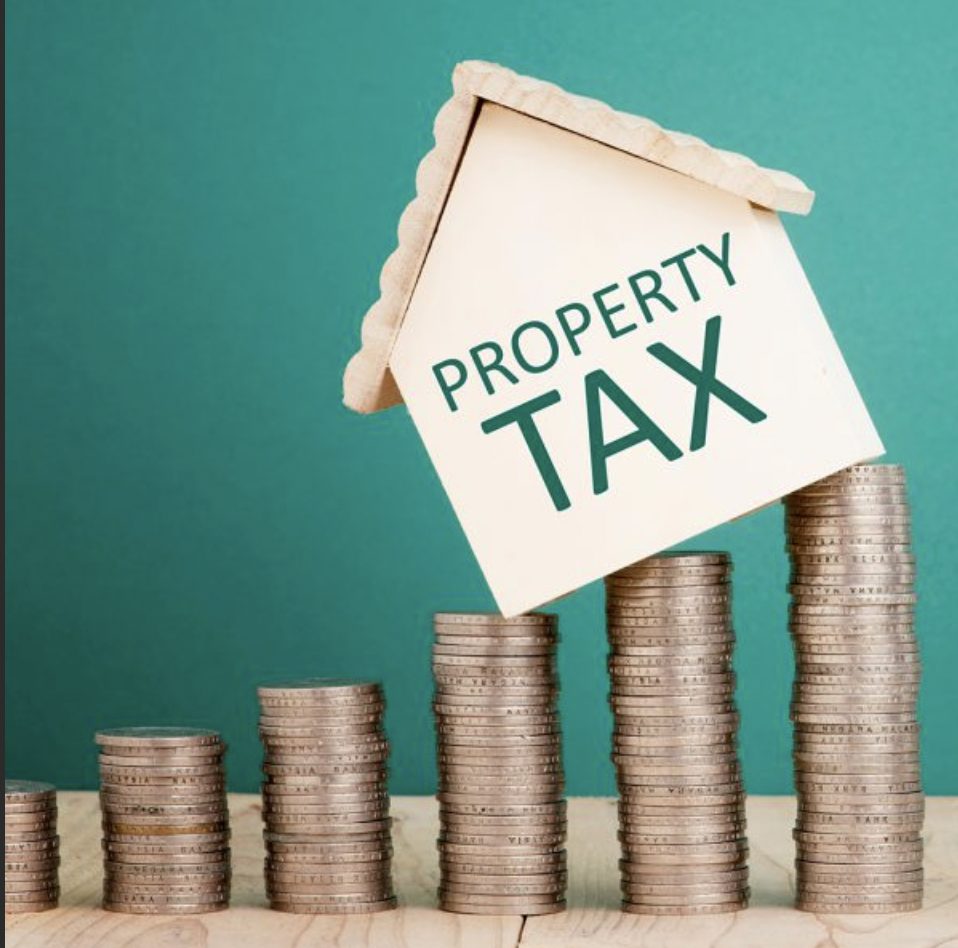If you’re buying or selling a home in Hawai‘i, you’ve probably wondered how property taxes are calculated and why they don’t always match a home’s market value. Many homeowners assume their property tax bill reflects what their home is worth, but that’s not the case.
The truth is, assessed value and market value are two different things. Here’s how property taxes work in Hawai‘i and why the numbers may not match what a home sells for.
How Property Taxes Are Calculated
Hawai‘i has some of the lowest property tax rates in the country, but how is the amount determined? It comes down to three main factors:
1. County Assessed Value
Each year, county tax assessors determine a home’s assessed value based on:
✔️ Recent sales of similar homes
✔️ Property improvements (upgrades, renovations, additions)
✔️ Land value
✔️ Overall condition of the home
Since these assessments are based on past data, they often lag behind actual market values.
2. Homeowner Exemptions & Deductions
If you live in your home as a primary residence, you may qualify for a Homeowner’s Exemption that lowers your taxable assessed value.
On O‘ahu, for example:
🏠 Homeowners under 65 get a $120,000 exemption
🏠 Homeowners 65 and older get a $160,000 exemption
Other exemptions exist for seniors, veterans, and properties used for agriculture or conservation.
3. Property Tax Rates
Each county in Hawai‘i sets its own property tax rates, which are applied to the assessed value.
For example, O‘ahu’s 2024 tax rates per $1,000 of assessed value:
🏡 Residential (Primary Homes) – $3.50
🏡 Investment Properties (Over $1M) – $4.50
🏨 Hotel/Resort – $13.90
So, if your home is assessed at $1,000,000 and you qualify for a $120,000 Homeowner’s Exemption, your taxable value would be $880,000.
880,000×(3.50/1000)=$3,080 per year in property taxes
Why Assessed Value and Market Value Are Different
A home’s assessed value (for taxes) and market value (for buying/selling) are not the same.
| Assessed Value (for taxes) | Market Value (for selling) |
|---|---|
| Set by county tax assessors | Based on what buyers are willing to pay |
| Updated once per year | Changes constantly with the market |
| May be lower than actual sale price | Driven by demand, location, and upgrades |
| Used only for tax purposes | Used to determine list price & sale price |
For example, a home may be assessed at $1,100,000 for tax purposes but have a market value of $1,300,000 due to demand, recent upgrades, or location.
Will Property Taxes Go Up If a Home Sells for More?
Not necessarily. Property tax assessments do not immediately change when a home sells. Counties reassess homes once a year, but they don’t base taxes on individual sales.
However, if home values rise significantly over time, the county may adjust the assessed value in future years, which could lead to a higher tax bill.
Key Takeaways
✅ Property taxes in Hawai‘i are based on assessed value, NOT market value.
✅ Market value is determined by supply, demand, and comparable home sales.
✅ Assessed values often lag behind actual market prices.
✅ Exemptions can reduce your taxable value and lower your bill.
✅ Tax rates vary by county and property use.
Need Help Understanding Your Home’s Value?
Whether you’re buying, selling, or investing, knowing the difference between assessed and market value is important.
Have questions about pricing your home, tax exemptions, or the best time to sell? DM me today!
Let’s make sure you have all the right information before making your next move. 🚪💰

 Facebook
Facebook
 X
X
 Pinterest
Pinterest
 Copy Link
Copy Link


